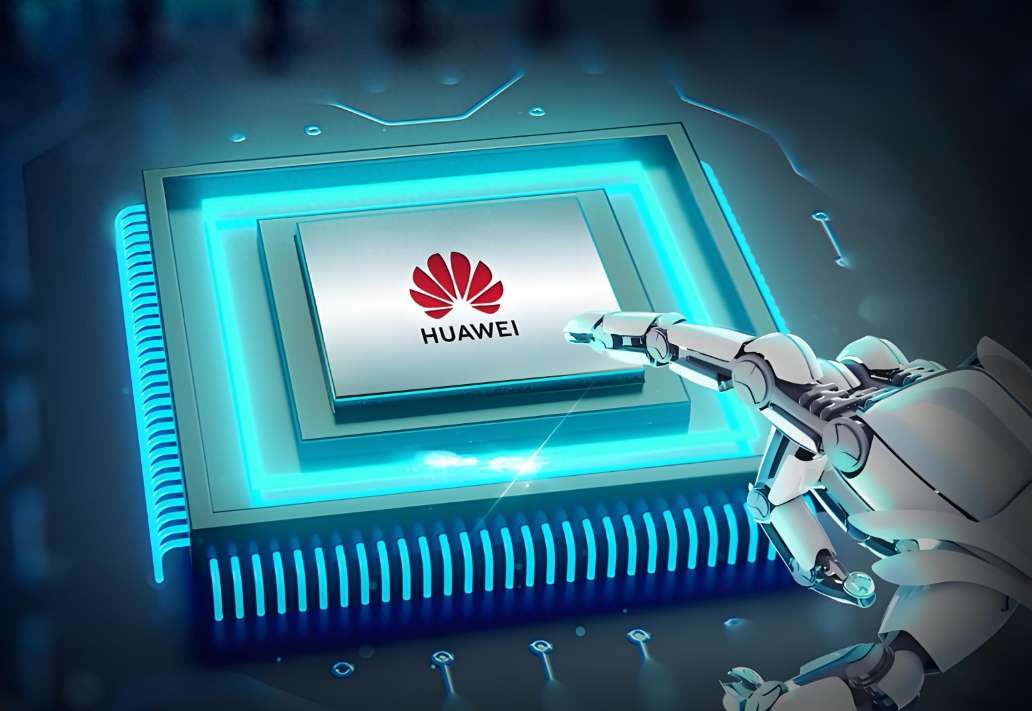Huawei's New Breakthrough in AI
Advertisements
In an era where artificial intelligence is progressing at a breakneck speed, Huawei has emerged as a significant player in the field, garnering considerable attention for its innovations. The recent unveiling of an important AI patent from Huawei marks a crucial milestone that could reshape the landscape of AI technologies.
The patent titled "Quantization Method, Processing System and Quantization Unit for Artificial Intelligence Models" has recently been disclosed by Huawei Technologies Co., Ltd., and its implications are profound within the AI sector. As AI technologies evolve, the size of models grows exponentially, leading to challenges related to large parameter sizes, memory consumption, and computational complexity. Huawei's new patent addresses these critical issues that the industry grapples with.
According to the patent abstract, the quantization unit innovatively utilizes the processing granularity of various computing units within devices running AI models to segment quantization matrices into several adaptive block quantization matrices. Subsequently, the quantization unit processes these segmented matrices, yielding quantized block matrices that alleviate the memory demands of AI models. Unlike traditional methods, this quantization unit does not require outlier statistics at the tensor level, allowing real-time quantization of weight matrices and activation matrices. Such innovation significantly enhances the operational efficiency of AI models, tackling limitations of traditional methods regarding high computational complexity and a lack of real-time performance. For real-world applications, this advancement means AI models can function smoothly on a broader range of devices, including smartphones and IoT gadgets, delivering quicker response times and a more seamless interaction experience for users.

It's worth noting that Huawei has disclosed a remarkable total of 26 patents in the AI domain since the start of the year. On February 5, at the Guangdong High-Quality Development Conference, Huawei's chairman, Liang Hua, emphasized that AI technology is at an accelerated development stage, entering a pivotal period for applications across various industries. Innovation, he stated, is the key to seizing new opportunities. The announcement of this patent exemplifies Huawei's unwavering commitment to innovation in the AI space.
Furthermore, collaboration with DeepSeek is deepening Huawei's foothold in the AI ecosystem by injecting substantial energy into domestic AI development. On February 6, Huawei China announced that its DCS AI full-stack solution, featuring the ModelEngine product, now fully supports the local deployment and optimization of DeepSeek's large models R1 & V3, along with its distillation series models. This marks a significant step towards accelerating customer AI applications to fruition.
The ModelEngine serves as a robust AI platform for training, inference, and application development of large models, offering a one-stop solution for users from data preprocessing to model training, optimization, and deployment. Users can leverage the efficient inference capabilities of DeepSeek, with developers now able to achieve 'one-click deployment' of the DeepSeek series models, thus eliminating intricate steps like hardware selection, compatibility validation, and environment setup. This development greatly reduces the barriers for enterprises wishing to incorporate AI into their operations.
As the collaboration progresses, numerous achievements have emerged. On February 1, Huawei Cloud introduced its pioneering DeepSeek R1/V3 inference service based on Huawei's Ascend Cloud Services. Notably, on February 4, models such as DeepSeek-R1, DeepSeek-V3, DeepSeek-V2, and Janus-Pro were officially made available on the Ascend community, allowing for quick deployment on Ascend hardware platforms through straightforward access. Additionally, on February 5, the Xiao Yi assistant app, built on the native HarmonyOS, integrated DeepSeek-R1's beta version. Users with the upgraded HarmonyOS can engage with DeepSeek via the Xiao Yi assistant app, substantially enhancing its natural language processing capabilities and providing a more intelligent interaction experience.
DeepSeek has established itself as a key player in the AI domain, with its models like DeepSeek R1 gaining substantial recognition for their cost-effectiveness and outstanding performance, akin to OpenAI's offerings. With Huawei's extensive technological expertise in fields like 5G, cloud computing, AI chips, and edge computing, its Ascend series chips possess exceptional computational power and energy efficiency. Together, their partnership represents a strong alliance, showcasing a profound integration of hardware and software.
As the AI landscape continues to evolve, such collaborations signal a promising future for the sector, where domestic innovations and adaptations can compete on a global stage. The engagement between Huawei and DeepSeek is a testament to the potential that lies in synergies between established technology firms and emerging AI developers to propel the industry forward.
Clearly, Huawei is not merely keeping pace with the rapid advancements in AI but is actively shaping the future of the technology. The company’s approach, driven by continuous patent developments and collaborations, highlights a commitment to not just technological advancements, but also to fostering a robust AI ecosystem that could redefine user experiences across various interactive surfaces. As AI continues to interweave into every aspect of modern life, players like Huawei are setting the stage for what’s next in AI innovation.
Leave a comment
Your email address will not be published